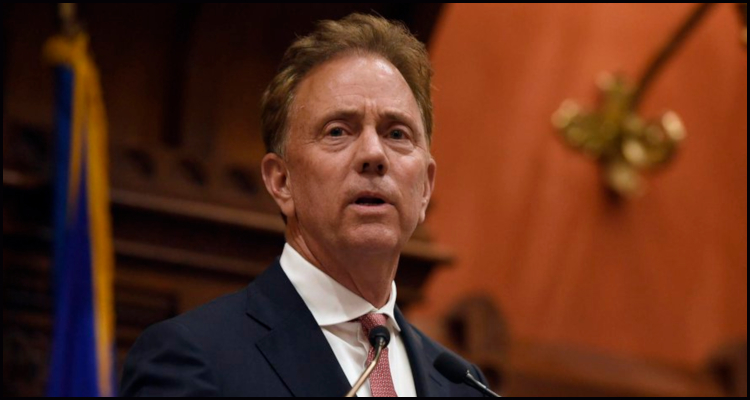The two casino-operating tribes in Connecticut are reportedly at odds with the eastern state’s Governor, Ned Lamont (pictured), over just who should get to operate any future sportsbetting services.
According to a Tuesday report from The Connecticut Mirror newspaper, the Mohegan Tribe and Mashantucket Pequot Tribal Nation are already responsible for Connecticut’s giant Mohegan Sun and Foxwoods Resort Casino properties respectively and want to add sportsbetting so as to be able to better compete with rival venues in the neighboring states of Rhode Island and New York.
Select sanction:
As such and the newspaper reported that the federally-recognized pair are supporting proposed legislation from Connecticut State Senator Cathy Osten that would give them exclusivity over any future sports wagering services. This measure, which is known as Senate Bill 21, would also grant the tribes the sole right to run iGaming in ‘The Constitution State’, open a casino in the city of Bridgeport and offer online casino and sportsbetting games over the Internet and via mobile devices.
Competing propositions:
However, The Connecticut Mirror reported that Lamont is favoring a pair of rival legislative proposals, House Bill 5168 and House Bill 5189, that would legalize sportsbetting statewide but moreover allow the Connecticut Lottery Corporation and licensed off-track betting vendor Sportech to join the tribes as operators.

Discreet discussions:
In an effort to find some kind of compromise and the newspaper reported that Lamont held a private meeting with representatives from the Mohegan Tribe and the Mashantucket Pequot Tribal Nation on Monday. But, the two parties were purportedly unable to reach any type of consensus with the tribes claiming that the proposals supported by the Governor would violate their 1994 gaming compacts and possibly force them to begin withholding slot revenue-sharing payments that last year were worth some $255 million.
Explicit violation:
Rodney Butler, Chairman for the Mashantucket Pequot Tribal Nation, reportedly told a Tuesday hearing of the state’s Public Safety and Security Committee that Lamont’s vision of a future Connecticut sportsbetting market contravenes the tribe’s compacts because it would run counter to a ruling from the National Indian Gaming Commission that defined wagering on sports as a Class III activity under federal law.
Butler reportedly declared…
“I think the Governor was firm in his position that this is his position and there is no discussion, literally to the point of throwing up his hands and saying ‘This is just too hard and we’ll wait another year’.”
Litigious likelihood:
Chuck Bunnell from the Mohegan Tribe reportedly used the same hearing to explain that the two tribes’ compacts give them the exclusive rights to operate Class III games in Connecticut and that any subsequent changes would require these deals to be renegotiated.
Bunnell reportedly told the gathering…
“We would be forced to oppose that. We would be forced to litigate. We believe we have exclusive rights to sportsbetting.”
Chasing consensus:
Keen to avoid any panic and Gubernatorial Communications Director Max Reiss reportedly told the newspaper that Lamont ‘is committed to a fair resolution that brings Connecticut’s gaming economy into the 21st Century’ but would not be signing any sportsbetting measures into law without the support of the Mohegan Tribe and Mashantucket Pequot Tribal Nation.
Reiss reportedly told The Connecticut Mirror …
“For years now, Connecticut’s gaming economy has been declining and stuck in litigation while our surrounding states continue to expand and prosper. Last legislative session, the Governor worked to achieve a comprehensive solution to Connecticut’s ongoing gaming quagmire. Unfortunately, neither tribe accepted that proposal. He wants to sign a sportsbetting bill into law over the next few months. However, any such proposal must be designed to avoid and withstand endless legal challenges.”



